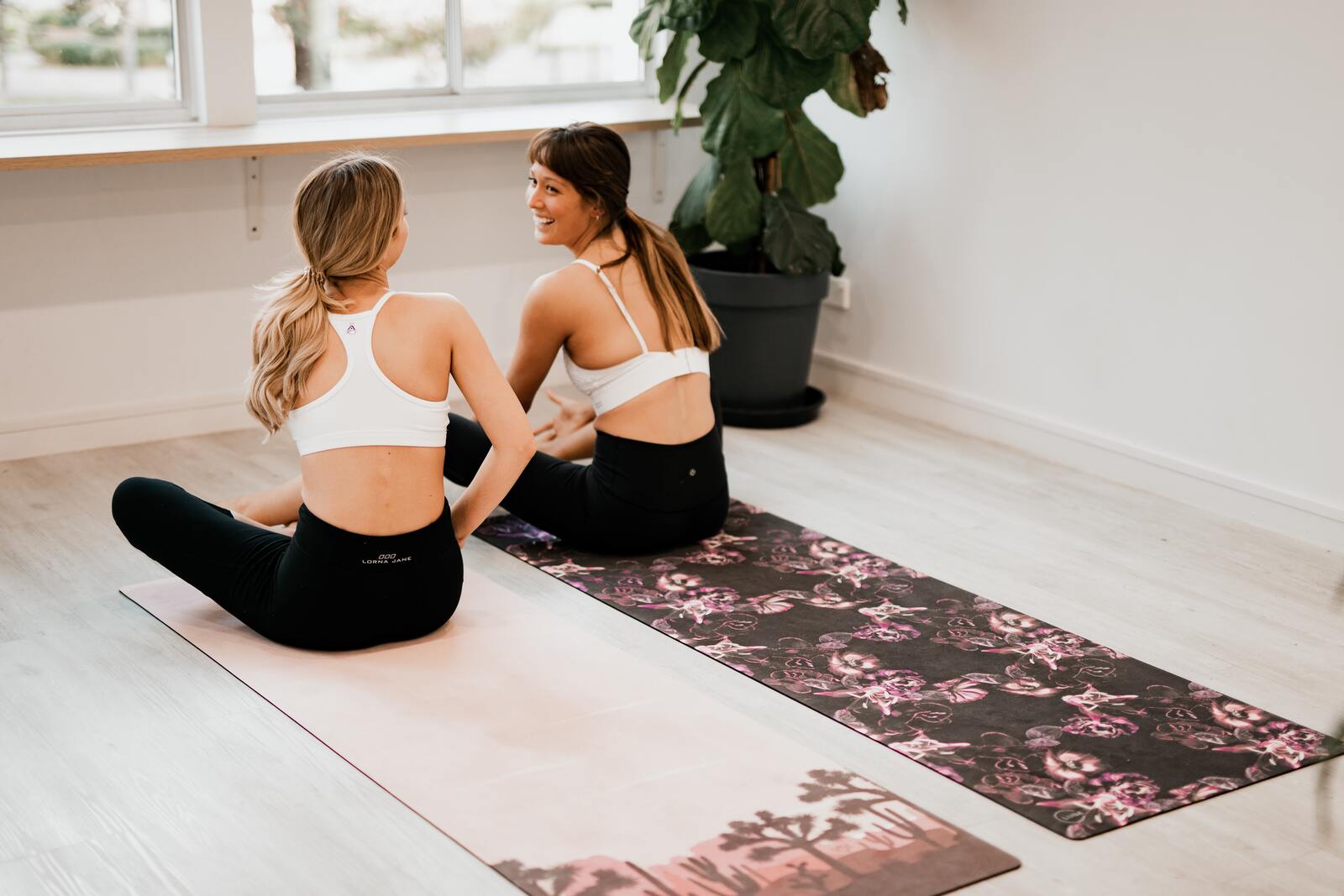Yoga and Pilates are two popular physical practices that offer a multitude of benefits, including improved mental health. Both forms of exercise involve controlled movements that are designed to build strength, increase flexibility, and reduce stress. In this blog, we will explore some simple yoga and Pilates movements that you can do at home to improve your mental health. These movements are easy to do, and they can be practiced by people of all ages and fitness levels.
1. Child’s Pose
Child’s pose is a yoga posture that is often used as a relaxation pose. To do this pose, start on all fours with your hands and knees on the ground. Slowly lower your hips down to your heels and reach your arms forward, resting your forehead on the ground.
Child’s pose is an excellent way to reduce stress and anxiety. This pose helps to calm the mind, soothe the nervous system, and promote relaxation.
2. Mountain Pose
Mountain pose is a foundational yoga pose that is often used as a starting point for other standing postures. To do this pose, stand with your feet hip-width apart, with your arms at your sides. Root your feet into the ground, and engage your leg muscles. Lengthen your spine and lift your chest, imagining that you are a tall, strong mountain.
Mountain pose is an excellent way to improve mental focus and concentration. This pose helps to calm the mind and reduce anxiety.
3. Cat-Cow Stretch
The cat-cow stretch is a gentle yoga movement that is designed to increase spinal flexibility and reduce tension in the back. To do this stretch, start on all fours with your hands and knees on the ground. Inhale and lift your head and tailbone towards the ceiling, creating an arch in your back. Exhale and round your spine, tucking your chin towards your chest.
The cat-cow stretch is an excellent way to reduce stress and tension in the body. This movement helps to release tension in the back and neck, which can help to reduce anxiety and promote relaxation.
 4. Plank Pose
4. Plank Pose
Plank pose is a Pilates movement that is designed to build core strength and stability. To do this pose, start in a push-up position with your hands on the ground, shoulder-width apart, and your feet together. Engage your abdominal muscles and hold your body in a straight line from your head to your heels.
Plank pose is an excellent way to improve mental focus and concentration. This pose helps to strengthen the core muscles, which can help to reduce stress and tension in the body.
5. Downward-Facing Dog
Downward-facing dog is a yoga posture that is often used as a warm-up or a transitional pose. To do this pose, start on all fours with your hands and knees on the ground. Lift your hips up towards the ceiling, straightening your arms and legs. Press your hands into the ground and imagine that you are stretching the entire length of your spine.
Downward-facing dog is an excellent way to reduce stress and anxiety. This pose helps to stretch the entire body, which can help to release tension.
In conclusion, there are many benefits of practicing yoga and Pilates poses for mental health. Overall, yoga and Pilates can be used to relax muscles and release tension in the body which can lower stress levels.
For more blogs like this click here





